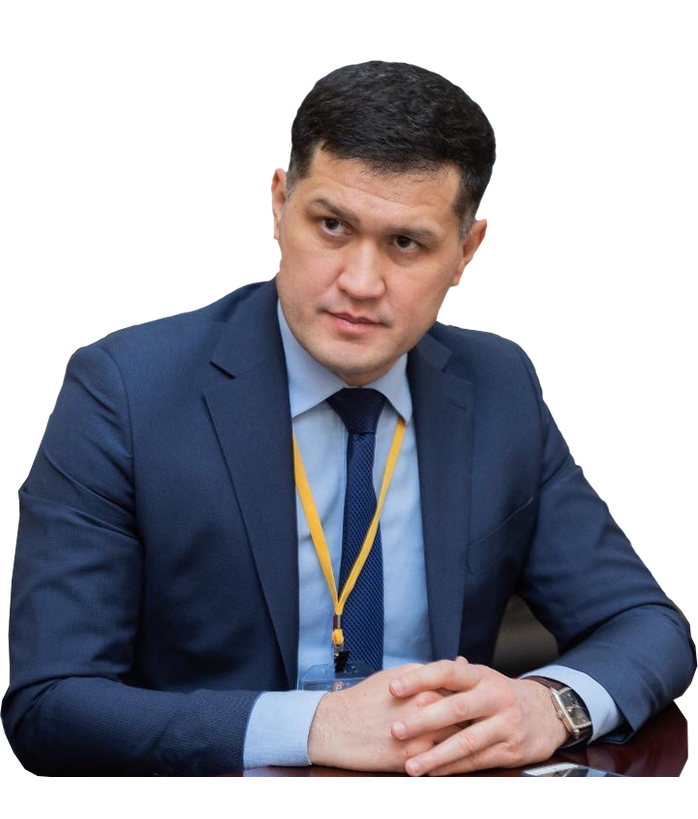Kazakhstan’s legal system provides a structured framework for businesses and investors, offering clarity and stability through its comprehensive legal regulations. Whether you are looking to establish a new business, explore opportunities in the oil and gas sector, or navigate the complexities of investment in Kazakhstan, understanding this legal framework is crucial.
1. What are the main components of Kazakhstan’s legal system?
Kazakhstan’s legal system follows the Romano-Germanic (continental) legal tradition, characterized by a detailed statutory code. The primary legal framework includes the Constitution, adopted through a national referendum in 1995, which has the utmost legal authority. Additionally, the legal system encompasses Constitution-compliant laws, various regulatory legal acts (RLAs), international treaties, and the regulatory resolutions of both the Constitutional Council and the Supreme Court. Notably, international treaties ratified by Kazakhstan take precedence over national laws unless specific legislation is required to enforce them.
2. What are the benefits of Kazakhstan’s investment legal regime for foreign and domestic investors?
Kazakhstan’s investment legal regime offers a robust framework designed to attract both foreign and domestic investors by providing a variety of benefits and protections.
Key features include:
- Legal Protection of Investments.
Investors are safeguarded by the Kazakhstan Constitution, the Civil Code, the Entrepreneurial Code, and other regulatory legal acts. International treaties ratified by Kazakhstan also ensure protection of investor rights, further supported by bilateral investment treaties with many economically developed countries. - Stable Regulatory Environment.
Despite frequent legislative updates, the investment regime includes provisions for the stability of contracts. This allows agreements between investors and the state to remain consistent even if certain national laws change, provided these do not pertain to national security, public order, or health. - Incentives for Investment.
Kazakhstan offers a range of incentives, especially in priority sectors like manufacturing, construction, and telecommunications. These incentives include exemptions from customs duties, value-added taxes on imports, and potential state in-kind grants. - Repatriation of Income.
Investors have the right to freely use their income after taxes and can repatriate their earnings without additional taxes, adhering to minimal currency control regulations. - Dispute Resolution Mechanisms.
The investment regime provides for the resolution of disputes through negotiation or arbitration, aligned with previously agreed procedures or international and national laws. This offers a predictable and reliable method for handling investment disputes. - Additional Support Measures.
The regime extends further support through tax incentives, such as exemptions from corporate income tax, land tax, and property tax for up to ten years for priority investment projects. This is aimed at enhancing the attractiveness and competitiveness of investment projects in Kazakhstan.
3. How is the business environment regulated in Kazakhstan?
Kazakhstan’s business environment is extensively regulated across all forms and stages of business operations through a robust framework that includes the Constitution, codes, government decrees, and other mandatory legal documents such as regulations, technical regulations, rules, and instructions. This regulatory environment ensures that business practices align with national laws and standards, aiming to create a structured and predictable business climate.
4. How are branches and representative offices treated under Kazakhstan law?
In Kazakhstan, branches and representative offices are treated as structural subdivisions of their parent companies, rather than as separate legal entities. This classification allows them to act in civil relations on behalf of the parent company, although they do not have their own legal personality.
Branch offices can perform all functions of the parent company, including representative functions, while representative offices primarily focus on market research and protecting the parent company’s interests. Both types of offices are subject to certain taxes as independent taxpayers and must comply with the same registration and management requirements as domestic companies. Additionally, they face specific regulations, such as currency controls and requirements for repatriating income after taxes.
5. How is the oil and gas sector regulated in Kazakhstan?
The oil and gas sector in Kazakhstan, a major component of the national economy, is heavily regulated under specific legal frameworks tailored to govern exploration, production, and commercialization. Key legislation includes specific acts that outline the terms for foreign investment, environmental protection, and the management of natural resources. The sector’s legal environment is designed to balance the interests of the state, international investors, and environmental considerations.
LINDEMANNLAW comprises of world-leading lawyers, tax advisors and consultants who have worked within banks, fund managers and other multinational institutions in Switzerland and abroad. LINDEMANNLAW advises clients from Europe, CIS countries, United Arab Emirates and North America since the 1990s.
Legal services in oil and gas sector of Republic of Kazakhstan:
- Support and all necessary assistance during inspections initiated by state authorities.
- Represents before the judicial authorities of the RoK during legal proceedings, including defense against claims and other legal threats.
- Represent the Company at meetings with state bodies and officials of the RoK.
- Provide legal analysis on novels, changes, and amendments into the legislation of the RoK and advice on possible impact on the client activities. Provide legal advice in a pro-active, timely and professional manner.
For more information, please feel free to contact us and we will be happy to help you.


